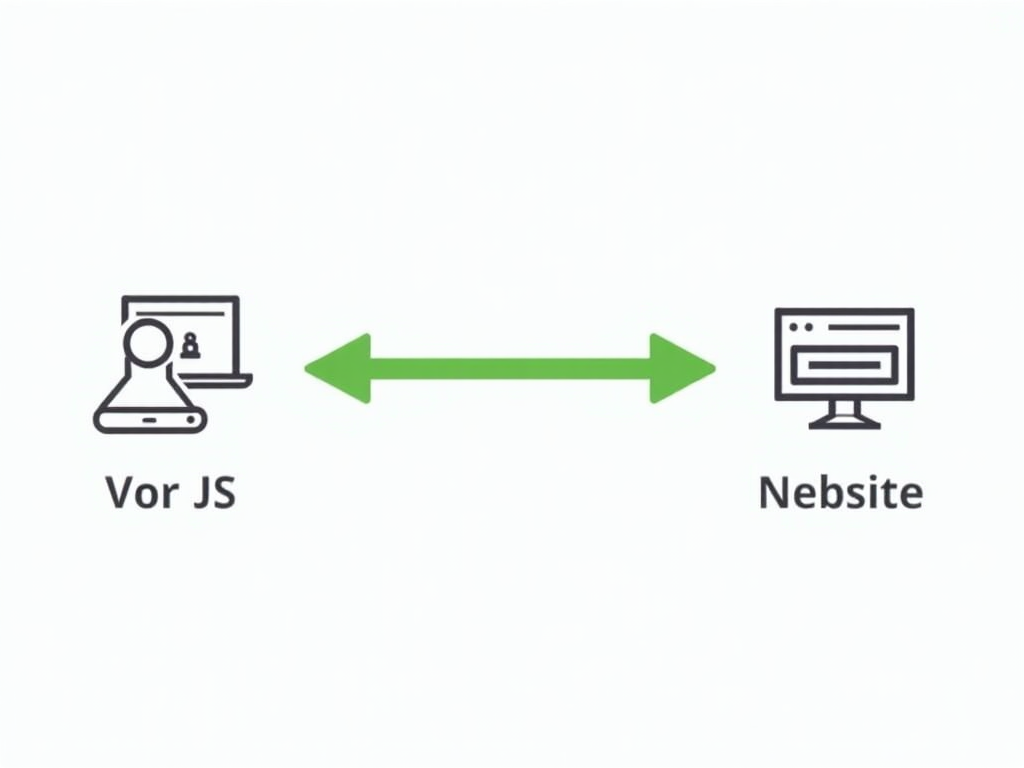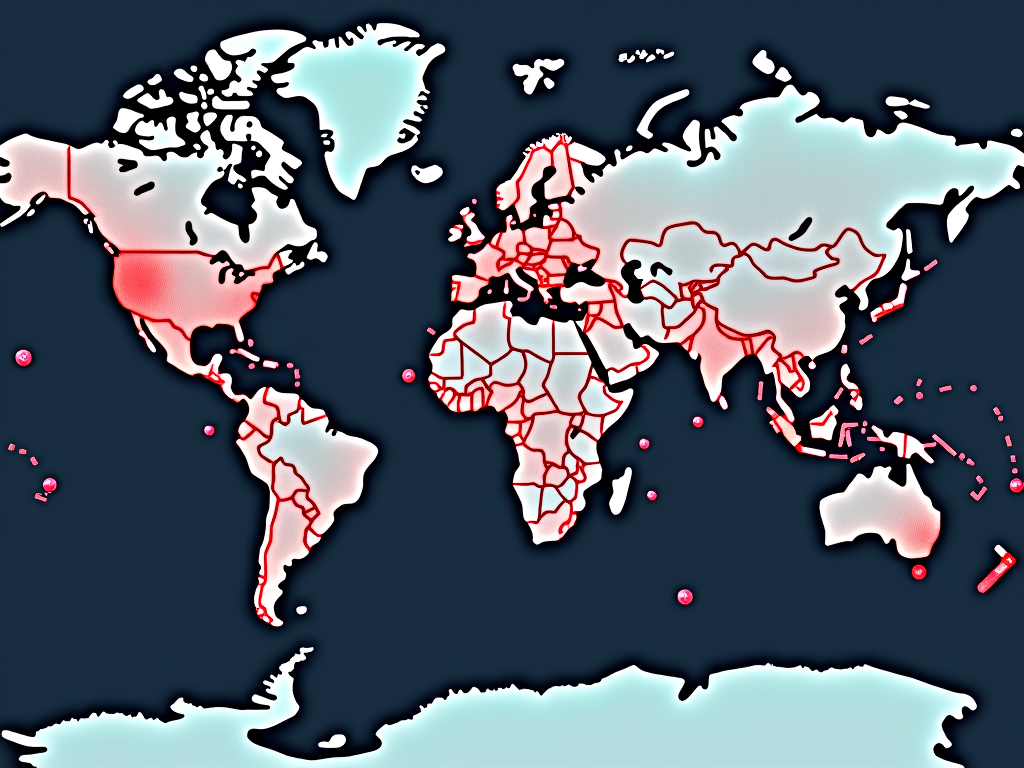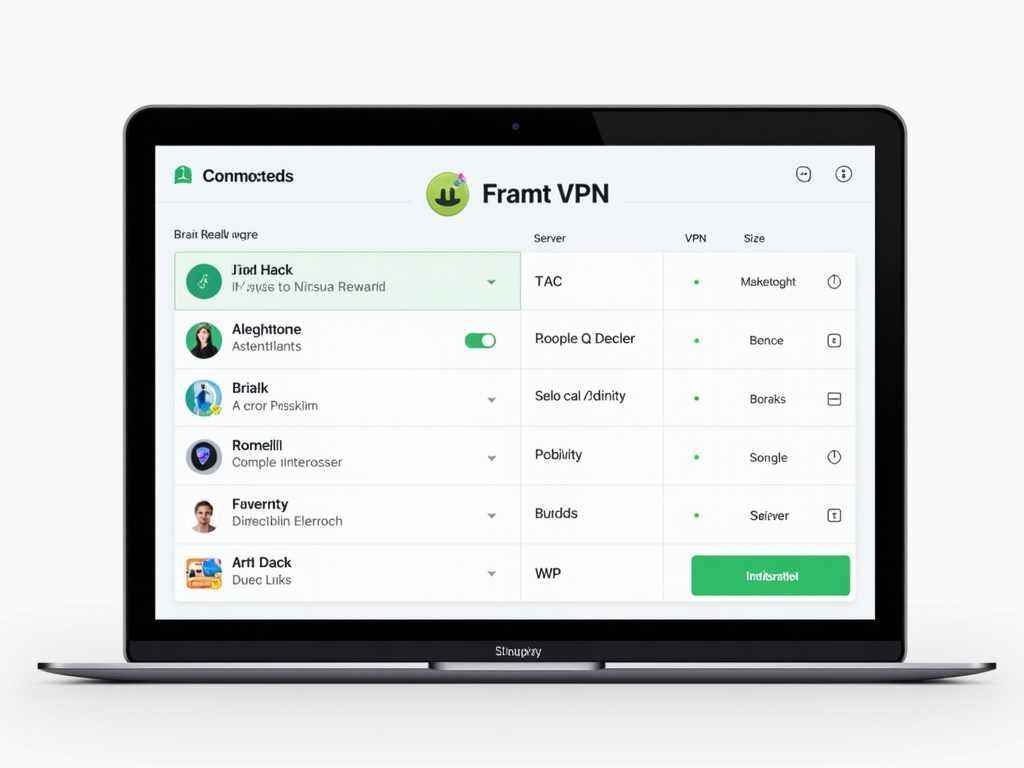How to Choose the Best VPN for Your Needs
Overview:
Your online privacy matters more than ever today. A Virtual Private Network (VPN) keeps your internet activity safe and private. This guide on How to Choose the Best VPN for Your Needs explores key factors like security, speed, and ease of use to help you decide.
What is a VPN and Why Does It Matter?
A VPN creates a secure tunnel between your device and the internet. It encrypts your data and hides your location by masking your IP address. This protects you from hackers, especially on public Wi-Fi, and lets you access blocked content.
With cyber threats on the rise, a VPN is a must-have for online privacy. Whether you’re shopping, streaming, or browsing, it keeps your information safe. But not all VPNs are equal—choosing the right one makes all the difference.

Key Factors to Pick the Best VPN
To find the best VPN for your needs, focus on these essentials. Each factor affects how well the VPN works for you.
1. Strong Security Features
Security is the heart of a VPN. Look for AES-256 encryption, a top standard that scrambles your data so no one can read it. A kill switch is also key—it cuts your internet if the VPN fails, keeping your info safe.
2. True Privacy Protection
Check the VPN’s privacy policy. The best ones follow a no-logs rule, meaning they don’t track what you do online. For proof of this, read this study from Cornell University on VPN privacy practices.
3. Fast Speeds
A VPN can slow your connection, but top providers keep it fast. Test speeds if you stream or game—lag can ruin your experience. Look for unlimited bandwidth too.
4. Plenty of Server Locations
More servers mean more options. If you want to watch shows from another country, pick a VPN with servers there. A wide network also boosts speed by reducing overcrowding.

5. Simple to Use
You don’t need to be a tech expert. The best VPNs have apps that work on phones, tablets, and computers with just a few clicks to connect.
6. Reliable Support
Good customer support saves the day when things go wrong. Choose a VPN with 24/7 help via chat or email. Test it before you commit.
My Take on VPNs
I’ve tried a handful of VPNs over the years. Once, I used a free one and noticed ads popping up everywhere—turns out it was selling my data. That’s when I learned to dig into privacy policies. Now, I stick to trusted names with no-logs promises.
Speed matters too. I stream a lot, and a slow VPN once made my shows buffer endlessly. Switching to one with better performance fixed it. Server locations also came in handy when I unlocked a foreign streaming library—it felt like magic!

Compare Your Options
Here’s a quick look at three VPNs to show how they stack up:
| VPN Name | Encryption | Logs? | Speed | Servers | Ease of Use | Support |
|---|---|---|---|---|---|---|
| VPN X | AES-256 | No | Fast | 60+ countries | Great | 24/7 Chat |
| VPN Y | AES-256 | No | Medium | 40+ countries | Good | Email Only |
| VPN Z | AES-128 | Yes | Slow | 15+ countries | Okay | Limited Hours |
This table simplifies things, but always test a VPN yourself.
Mistakes to Skip
Don’t fall for these traps:
- Free VPNs: They sound great but often track you. Pay a little for peace of mind.
- Skipping Policies: A VPN that logs data isn’t private—read the fine print.
- Ignoring Speed: Slow connections frustrate; check reviews first.
- Weak Support: If help isn’t there when you need it, you’re stuck.

Extra Tips
Start with a trial if the VPN offers one. I’ve found this helps me feel out speed and ease of use. Also, check this EFF guide from the Electronic Frontier Foundation for more on what to avoid in VPNs.
Wrapping Up
Finding the best VPN for your needs takes a little effort, but it’s worth it for online privacy and security. Focus on security, privacy, speed, servers, usability, and support. Test options and steer clear of freebies that compromise your data. You’ll surf safer in no time.